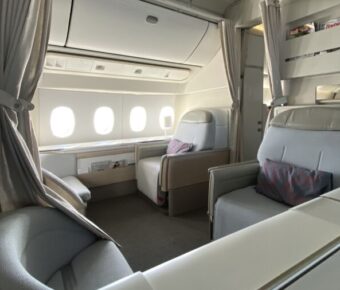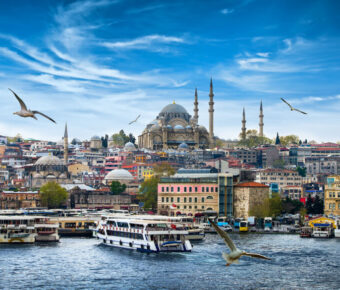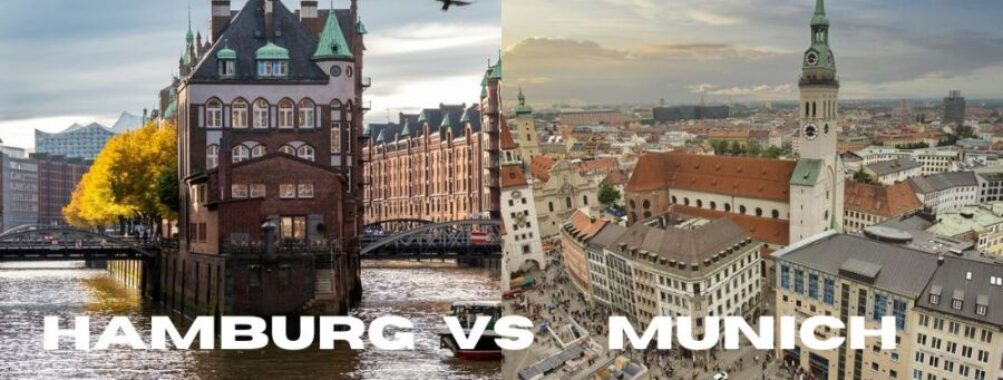
Hamburg vs Munich: Battle of Germany’s Most Livable Cities – A Local’s 2025 Guide
Germany‘s two largest cities after Berlin offer travelers completely different experiences. Hamburg charms visitors with its maritime spirit and historic port, while Munich captivates with its Bavarian traditions and beer gardens. Each city has its own distinct personality – Hamburg as a bustling port city with a modern edge, and Munich as a cultural powerhouse rich in history and tradition.
These cities sit at opposite ends of Germany, giving tourists unique perspectives on German life. Hamburg’s waterfront location makes it a gateway to Northern Europe, with stunning harbor views and seafood restaurants. Meanwhile, Munich’s position near the Alps creates opportunities for mountain day trips and outdoor activities.
The choice between these destinations depends on what type of German experience you seek. Hamburg attracts those interested in maritime culture, modern architecture, and nightlife. On the other hand, Munich draws visitors who want traditional Bavarian culture, world-class museums, and historic beer halls.
Table of Contents
- Geography and Climate
- Location Differences
- Weather Patterns
- Nature and Surroundings
- Cultural Insights
- Historical Highlights
- Museums and Education
- Music and Arts Scene
- Festivals and Events
- Urban Experience
- City Vibe and Lifestyle
- Food and Drink Scene
- Shopping Destinations
- Nightlife Offerings
- Accommodation and Transportation
- Hotels and Stays
- Public Transport Systems
- Access and Mobility
- Notable Attractions
- Iconic Landmarks
- Castles and Palaces
- Parks and Green Spaces
- Day Trips and Excursions
- Nearby Getaways
- Natural Landscapes
- Quality of Life Factors
- Living Expenses
- Safety and Security
- Leisure and Recreation
- Frequently Asked Questions
- What are the key differences in the cost of living between Hamburg and Munich?
- How do living conditions in Hamburg compare to Munich for expatriates?
- Can you highlight the unique experiences offered by Hamburg’s and Munich’s Christmas markets?
- Which city should be prioritized for visiting: Hamburg or Munich?
- Which city boasts a more vibrant nightlife and party scene, Hamburg or Munich?
- In terms of cultural attractions and activities, how do Hamburg and Munich differ?
- Book Your Dream Experience
- More Travel Guides
Geography and Climate
Hamburg and Munich sit in very different parts of Germany, with distinct landscapes and weather patterns that shape daily life in each city. The northern port city and southern Bavarian capital offer contrasting experiences for visitors throughout the year.
Location Differences
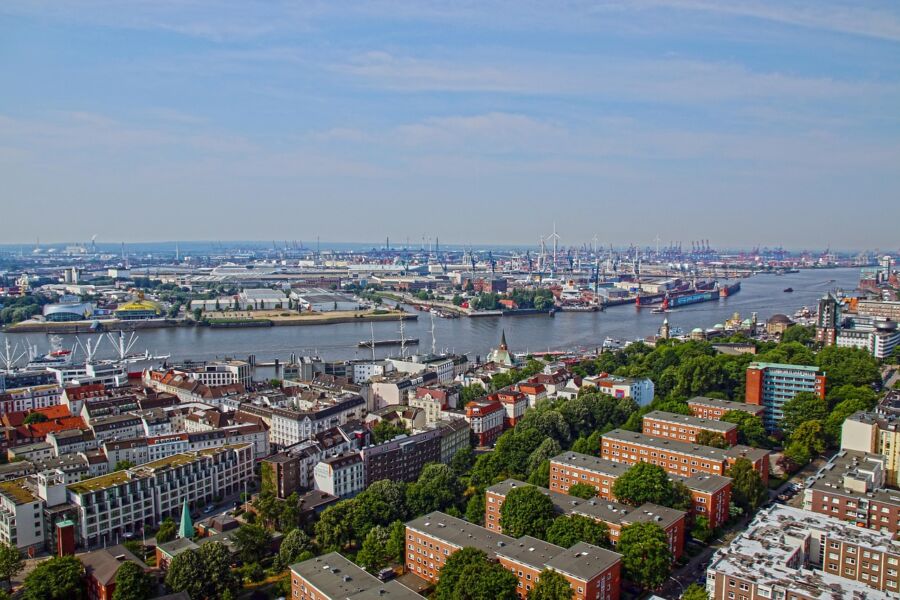
Hamburg lies near Germany’s northern coast, just 60 miles from the North Sea. The city’s position makes it Germany’s largest port and a major maritime hub. The landscape is mostly flat, with the Elbe River running through the heart of the city.
Meanwhile, Munich sits in southern Germany‘s Bavaria region, close to the Alps. The city’s elevation is around 1,700 feet above sea level. The mountains create a stunning backdrop and are just a short trip from the city center.
The distance between these cities is about 375 miles as the crow flies. This gap leads to some big differences in their environments.
Weather Patterns
Hamburg’s coastal location brings a marine climate with steady temperatures. Winters stay mild, rarely dropping below freezing. Summers feel pleasant but not too hot. The city gets lots of rain – about 31 inches per year.
On the other hand, Munich sees more extreme weather shifts. Summer days can be quite warm, while winters get cold with frequent snow. The Alps block warm Mediterranean air, leading to crisp mountain breezes.
Rain falls more often in Munich than Hamburg, with many afternoon thunderstorms in summer. The city gets extra snow in winter thanks to its altitude and mountain location.
Nature and Surroundings
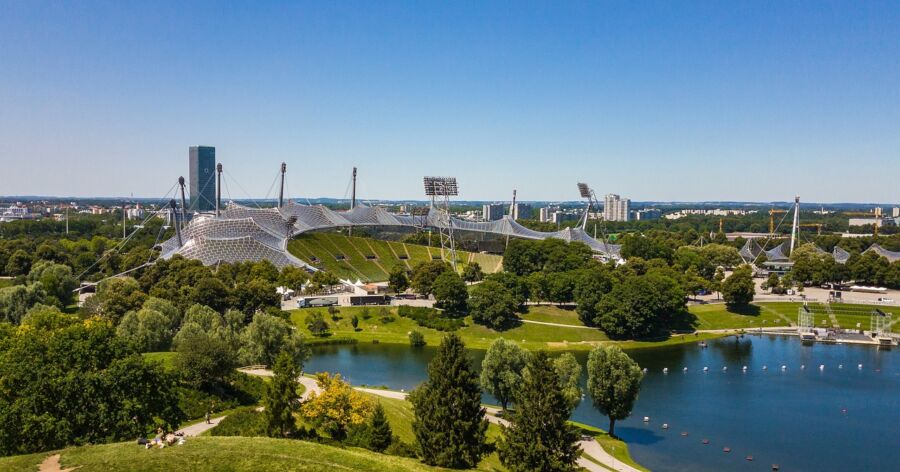
Hamburg’s flat terrain features lots of parks, lakes, and canals. The Alster Lakes sit right in the city center. Green spaces make up about 14% of the city area.
Meanwhile, Munich’s landscape offers more variety. The Isar River flows through town, while the Alps create amazing views to the south. The city has beautiful English Garden and many other parks.
Both cities give easy access to nature, but in different ways. Hamburg connects to beaches and coastal areas. Meanwhile, Munich leads to mountain trails, ski slopes, and Alpine lakes.
Cultural Insights
Both Hamburg and Munich showcase distinct cultural identities shaped by their unique histories and regional traditions. Each city brings its own special mix of old-world charm and modern energy to Germany’s cultural landscape.
Historical Highlights
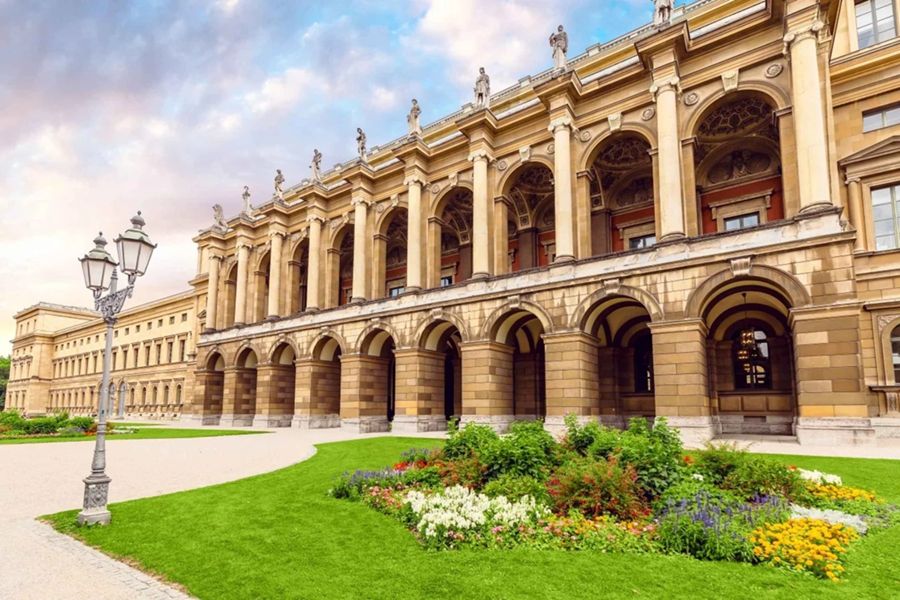
Hamburg’s history as a powerful Hanseatic trading port left a lasting mark on its culture. The city’s maritime heritage shows up in its architecture, food, and local attitudes. The old Speicherstadt warehouse district stands as a reminder of Hamburg’s trading past.
Meanwhile, Munich’s story centers on its role as the capital of Bavaria. The city grew from medieval times as a center of royal power and Catholic influence. The grand Residenz palace complex shows off Munich’s royal heritage.
The cities took different paths during World War II. While both faced heavy bombing, Hamburg’s port made it a key military target. Munich’s recovery focused on restoring its historic buildings and cultural landmarks.
Museums and Education
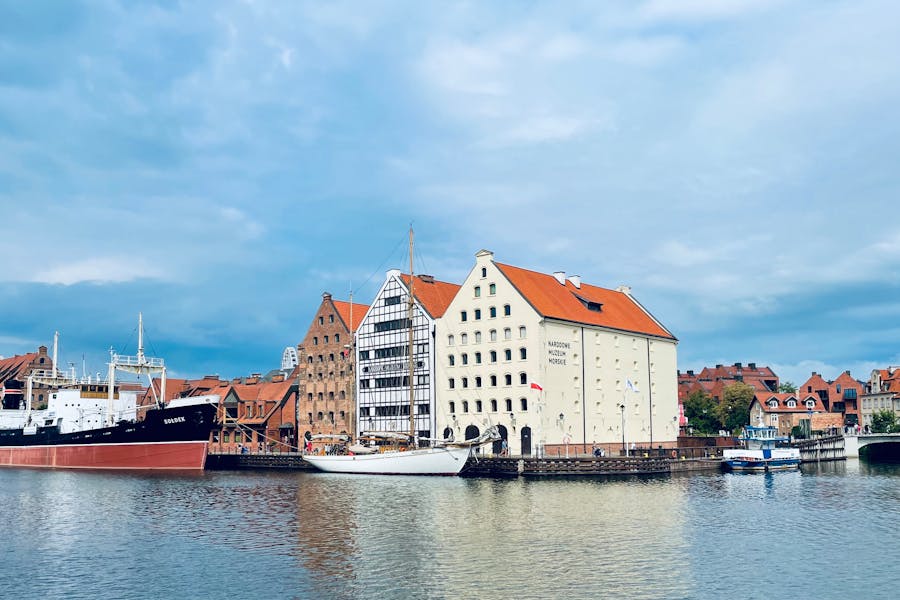
Hamburg hosts world-class museums like the Kunsthalle, home to seven centuries of European art. The International Maritime Museum tells the story of seafaring through the ages. The city also has excellent universities focused on commerce and the arts.
Meanwhile, Munich’s museum scene sparkles with spots like the Deutsches Museum – the world’s largest science museum. The Alte Pinakothek houses one of Europe’s finest art collections. Car fans love the BMW Museum and its cutting-edge exhibits.
Both cities support top-ranked universities. Munich’s Ludwig Maximilian University ranks among Germany’s best. Meanwhile, Hamburg’s University of Applied Sciences specializes in technology and business programs.
Music and Arts Scene
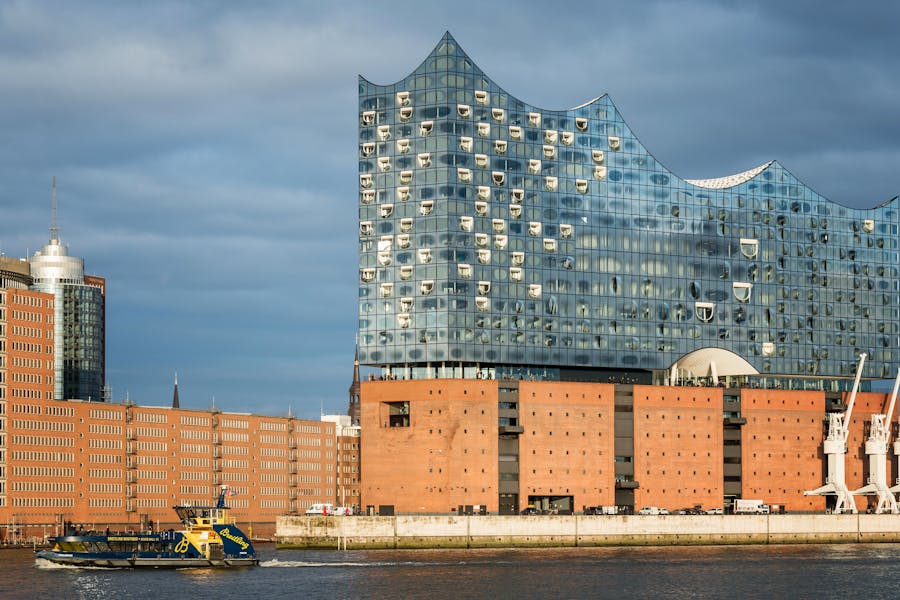
Hamburg’s music scene thrives in the famous Reeperbahn district. The city gave birth to The Beatles’ early career and continues to nurture new talent. The stunning Elbphilharmonie concert hall hosts classical and modern performances.
Meanwhile, Munich’s classical music tradition shines through the Bavarian State Opera. The city supports a mix of traditional and modern theater. Street performers and artists gather in the English Garden during warm months.
Local art galleries dot both cities. Hamburg’s HafenCity district attracts contemporary artists. Meanwhile, Munich’s Kunstareal museum quarter spans classical to modern works.
Festivals and Events
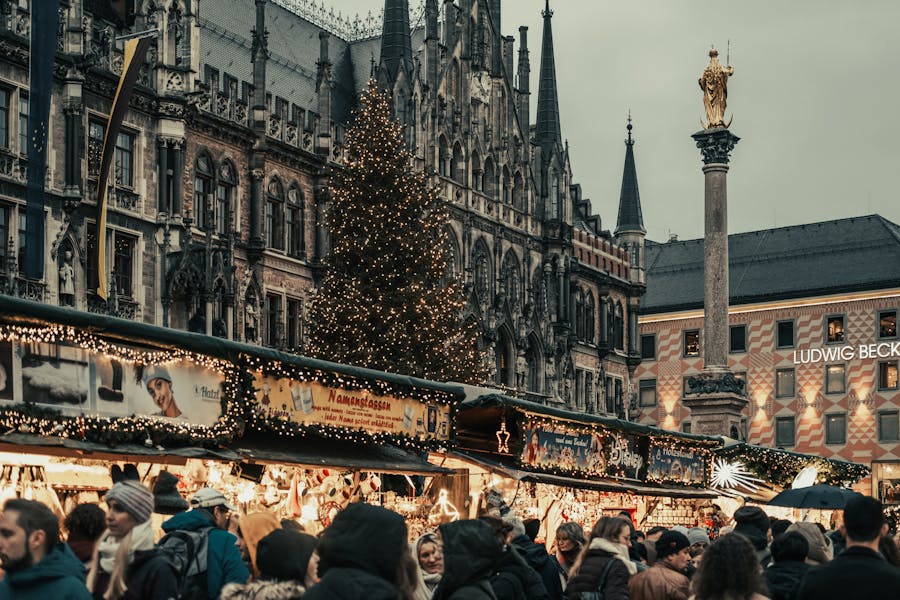
Munich’s Oktoberfest stands as the world’s largest folk festival. The 16-day celebration draws millions for Bavarian beer, food, and music. The city also hosts a popular Christmas market in Marienplatz square.
Hamburg’s DOM fair happens three times yearly with rides and treats. The Alstervergnügen winter festival transforms the frozen Alster Lake into an outdoor party space.
Both cities celebrate their own versions of Carnival. Munich’s Fasching focuses on masked balls and parades. Meanwhile, Hamburg’s carnival season brings street parties and harbor events.
Urban Experience
Hamburg and Munich offer distinct city atmospheres shaped by their unique histories, cultures, and geographic locations. Munich embraces Bavarian traditions while Hamburg pulses with maritime energy.
City Vibe and Lifestyle

Munich radiates a refined southern German charm with its blend of historic architecture and modern amenities. The city center features grand boulevards lined with Neo-Gothic buildings and cozy cafes. The Englischer Garten adds a touch of nature, where locals surf the Eisbach River‘s standing wave.
Meanwhile, Hamburg’s port-city identity shapes its urban character. Brick warehouses and modern glass buildings create an edgy waterfront atmosphere. The HafenCity district showcases innovative architecture alongside historic maritime landmarks.
Both cities embrace outdoor living. Munich’s residents flock to beer gardens and parks during summer. Meanwhile, Hamburg’s locals enjoy beach bars along the Elbe River and strolls around the Alster Lakes.
Food and Drink Scene
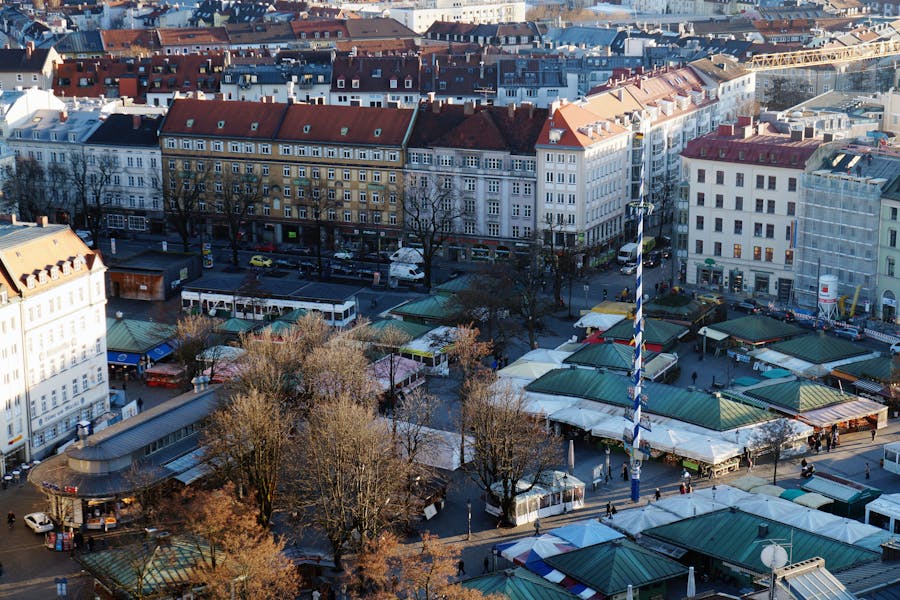
Munich’s culinary landscape centers on Bavarian traditions. Beer halls serve hearty portions of pretzels, weisswurst, and schnitzel. The Viktualienmarkt offers fresh produce and regional specialties.
Famous spots like the Hofbräuhaus attract visitors for traditional food and liter-sized beers. Small neighborhood restaurants serve modern takes on classic dishes.
Meanwhile, Hamburg’s food scene reflects its coastal location. Fresh fish sandwiches at the Fish Market are a local staple. The city boasts diverse international restaurants, particularly in the trendy Sternschanze area.
Shopping Destinations
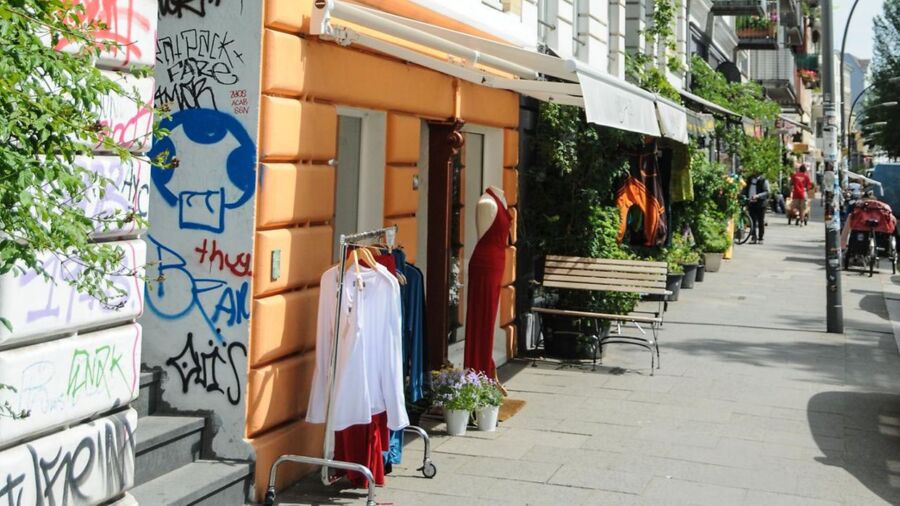
Munich’s shopping spans from luxury to local crafts. The Maximilianstrasse features high-end boutiques and designer stores. The Kaufingerstrasse pedestrian zone offers mainstream retail options.
Meanwhile, Hamburg’s shopping areas reflect its maritime heritage. The Mönckebergstrasse hosts major retailers in historic buildings. The Karolinenviertel attracts shoppers with independent boutiques and vintage stores.
Nightlife Offerings
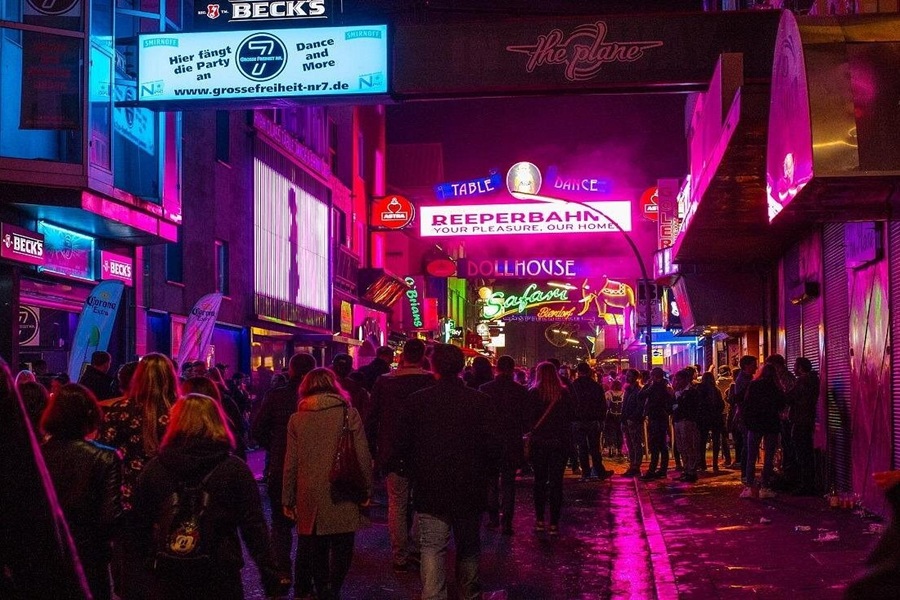
Munich’s nightlife centers around traditional beer halls and modern clubs. The Schwabing district buzzes with bars and music venues. Students gather in the Glockenbachviertel for its casual pubs and dance clubs.
Meanwhile, Hamburg’s famous Reeperbahn street leads the city’s nightlife scene. This entertainment district mixes clubs, bars, and theaters. The St. Pauli neighborhood draws crowds to its alternative music venues and dive bars.
The Sternschanze area attracts a creative crowd with its quirky bars and live music spots. Harbor-front venues offer drinks with water views.
Accommodation and Transportation
Munich and Hamburg offer distinct experiences when it comes to places to stay and getting around. Prices and options vary between these major German cities, with each having its own unique transport systems and housing choices.
Hotels and Stays
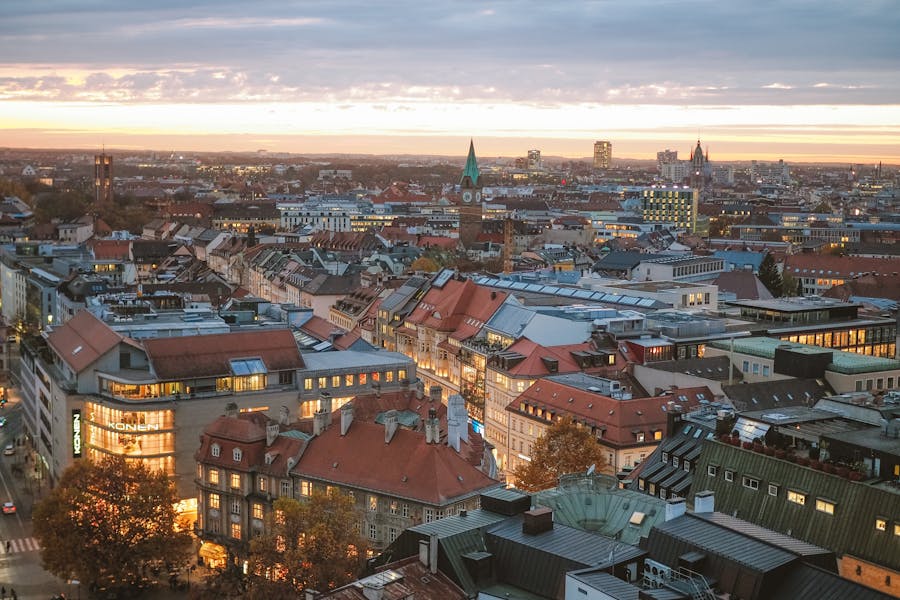
Munich tends to have higher accommodation costs than Hamburg. A furnished 85m² apartment in Munich costs about €1,836 monthly in normal areas. Hotels near the search for hotels in Munich city center fill up fast during Oktoberfest.
Hamburg provides more budget-friendly options for travelers. The city’s St. Pauli and Sternschanze districts feature trendy boutique hotels and hostels.
Both cities have plenty of short-term rental choices in residential areas. The best areas to stay in Munich include Maxvorstadt and Schwabing. In Hamburg, the waterfront HafenCity district offers modern accommodations with harbor views.
Public Transport Systems
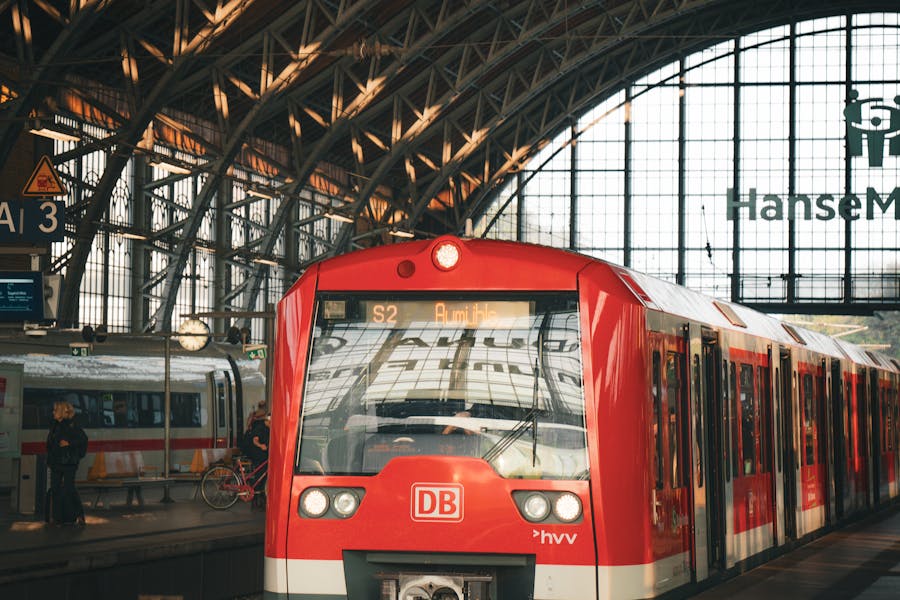
Munich’s U-Bahn and S-Bahn networks run efficiently and connect all major spots. The system includes 8 subway lines and 8 suburban train routes. Trains run frequently during peak hours.
Hamburg operates an extensive public transit network of buses, trains, and ferries. The harbor ferries double as a scenic way to explore the port area.
Both cities use integrated ticketing systems. Day passes work on all types of transport. Munich’s MVV and Hamburg’s HVV apps make route planning simple.
Access and Mobility
Munich International Airport sits 40 minutes from downtown via express train. The central station links to major European cities through high-speed rail.
Hamburg Airport connects to the city center in 25 minutes by S-Bahn. The main station serves as a key hub for northern Germany.
Bike sharing is popular in both cities. Munich’s wide streets and dedicated lanes make cycling safe. Meanwhile, Hamburg’s flat terrain suits casual riders, with rental stations throughout the city.
Notable Attractions
Munich and Hamburg offer distinct landmarks and attractions that showcase their unique characters. Munich’s historic architecture and royal heritage contrast with Hamburg’s maritime charm and modern waterfront developments.
Iconic Landmarks
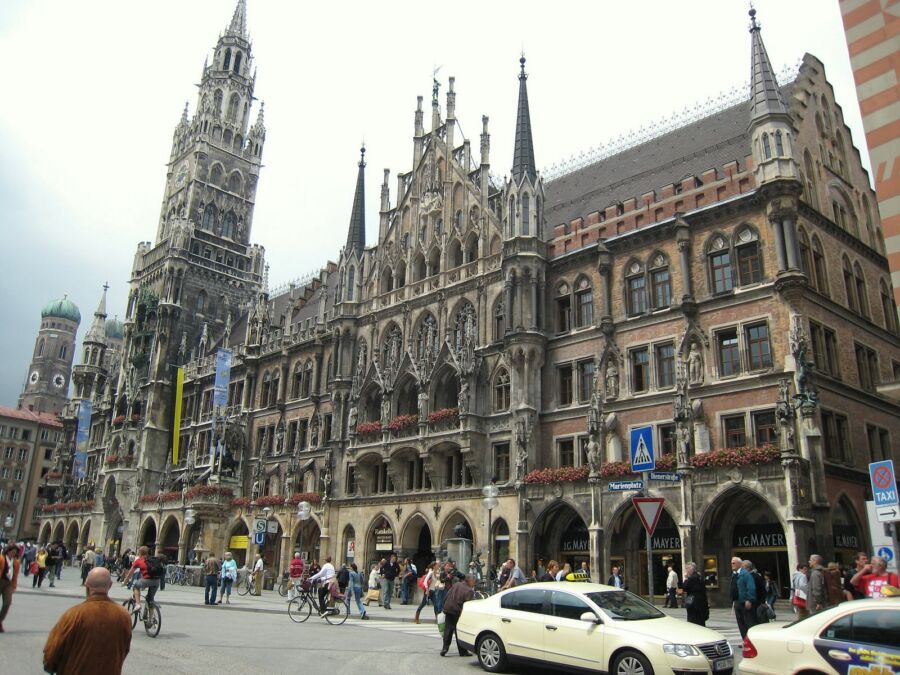
The heart of Munich centers around Marienplatz, a stunning medieval square with the Gothic New Town Hall. The famous Glockenspiel clock puts on a show three times daily, drawing crowds to watch its moving figures dance.
Hamburg’s most recognizable landmark is the Elbphilharmonie, a glass concert hall built atop an old warehouse. The wave-like structure stands as a symbol of the city’s modern identity.
The St. Michael’s Church serves as Hamburg’s most important church, offering panoramic city views from its tower. Its baroque architecture makes it a must-see spot for visitors.
Castles and Palaces
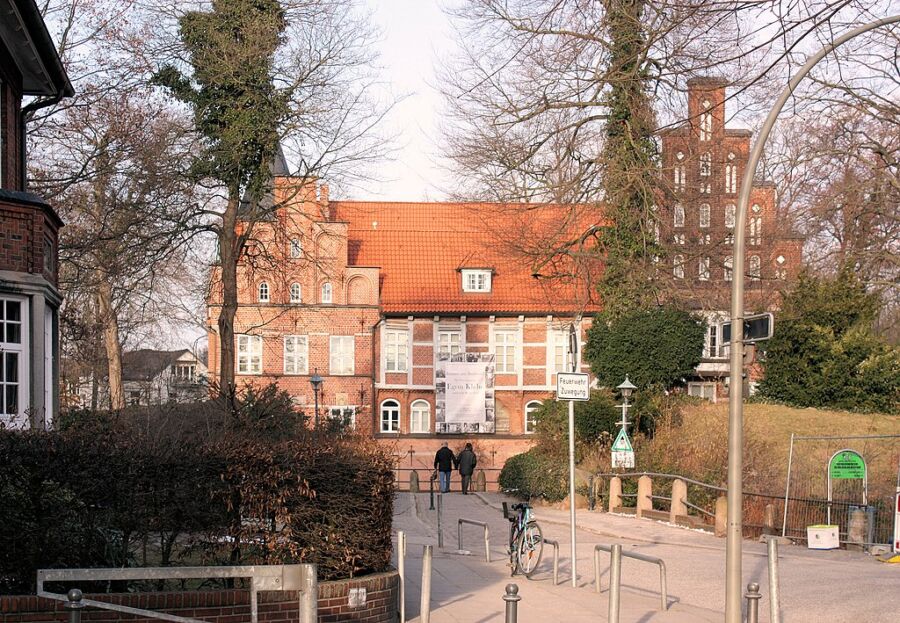
Nymphenburg Palace dominates Munich’s royal landscape. This massive summer residence showcases stunning baroque architecture and sprawling gardens. The palace contains detailed frescoes and a collection of royal carriages.
The fairytale-like Neuschwanstein Castle sits just outside Munich. This 19th-century castle inspired Disney’s Sleeping Beauty Castle and draws visitors from around the world.
Hamburg’s Bergedorf Castle stands as the city’s only remaining castle. Though smaller than Munich’s royal buildings, it houses an interesting museum about local history.
Parks and Green Spaces
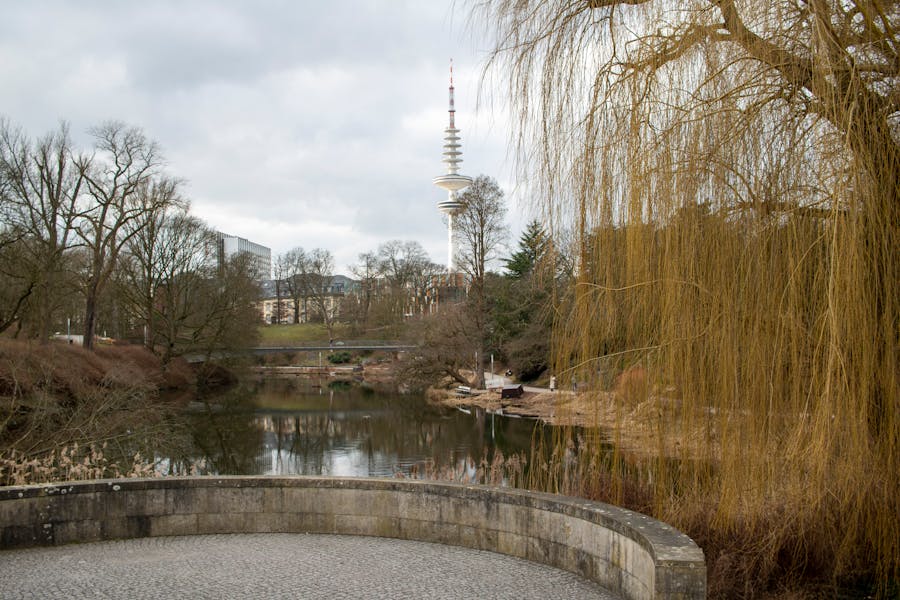
Munich’s English Garden ranks among Europe’s largest urban parks. Visitors can watch surfers ride the artificial wave on Eisbach stream or relax in one of several beer gardens within the park.
Hamburg features the lovely Planten un Blomen park, famous for its water-light concerts and Japanese garden. The park offers ice skating in winter and beautiful flower displays in summer.
Both cities maintain extensive networks of bike paths through their green spaces. Munich’s Isar River trails and Hamburg’s Alster Lake paths provide perfect spots for outdoor activities.
Day Trips and Excursions
Both cities serve as excellent starting points for exploring nearby attractions, from stunning mountain ranges to historic towns and neighboring countries.
Nearby Getaways
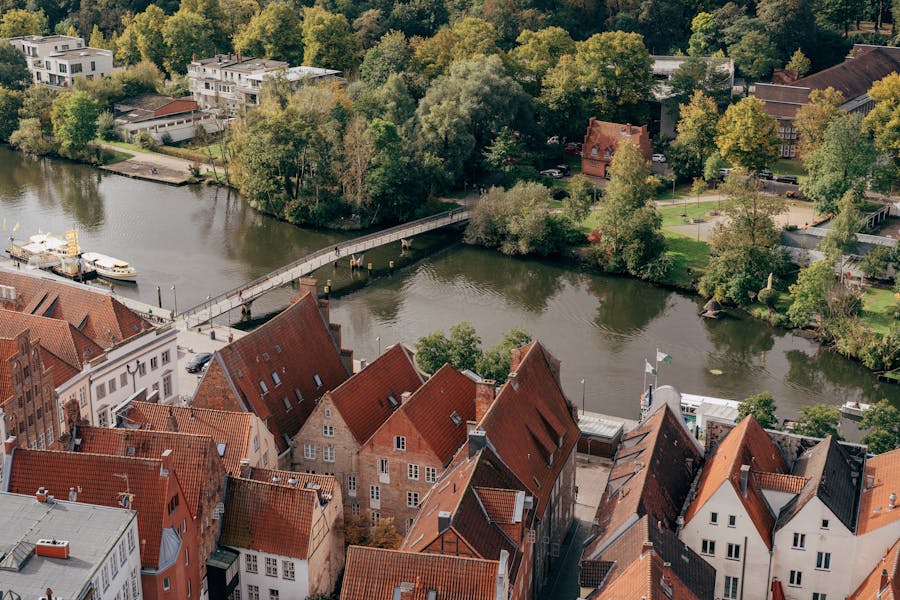
Munich offers easy access to some of Germany’s most iconic destinations. You can take a perfect castle tour from Munich to the fairytale-like Neuschwanstein Castle. The medieval cities of Landshut and Regensburg showcase beautiful architecture and rich history.
Hamburg’s location opens up unique opportunities for international day trips. Travelers can reach Copenhagen in just a few hours by train. The historic port city of Lübeck, with its brick Gothic architecture, sits just an hour away.
Natural Landscapes
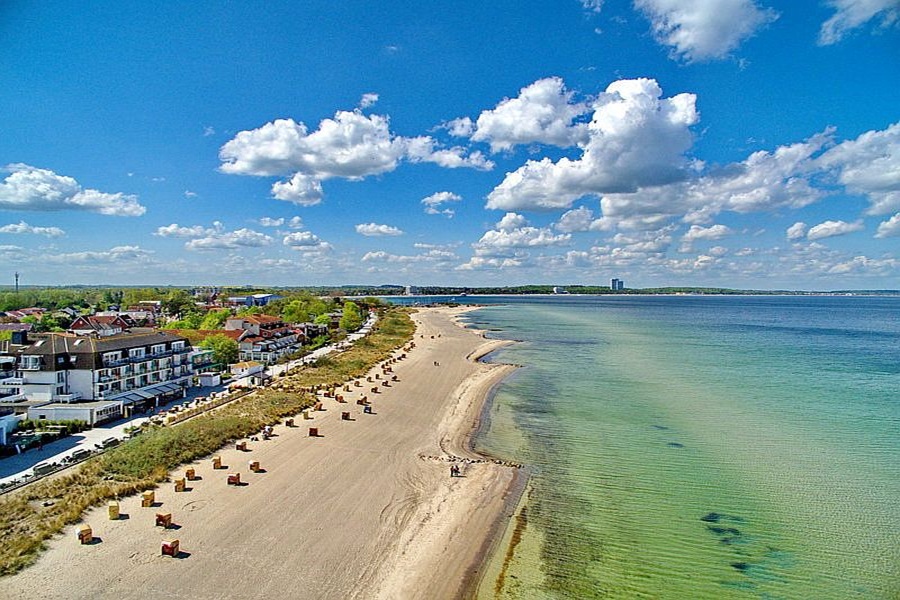
Munich’s proximity to the Bavarian Alps creates endless outdoor possibilities. The Zugspitze, Germany’s highest peak, stands just 90 minutes from the city center. Visitors can also explore Alpine hiking trails or take scenic cable car rides year-round.
Hamburg features a different kind of natural beauty. The city sits near the Baltic Sea coast, offering beach trips to spots like Timmendorfer Strand. The Alster Lakes provide peaceful retreats within the city itself.
The surrounding areas let visitors cross into Austria or Switzerland from Munich, while Hamburg’s location makes trips to Nordic countries simple and quick.
Quality of Life Factors
Both Hamburg and Munich rank among the top cities worldwide for quality of life, with Munich scoring slightly higher at 191.38 compared to Hamburg’s 187.42. Each city offers unique advantages that attract different types of residents.
Living Expenses
Rent prices in Munich are about 15% higher than in Hamburg, especially in central areas. A one-bedroom apartment in Munich’s city center costs around €1,500 monthly, while similar units in Hamburg average €1,300.
Food and daily necessities tend to be pricier in Munich. Grocery shopping for basic items costs roughly 10% more than in Hamburg.
Public transportation is more affordable in Hamburg, with monthly passes costing about €90 compared to Munich’s €110.
Safety and Security
Munich consistently ranks as one of Germany’s safest major cities. The crime rate is notably low, with excellent police response times and well-lit streets.
Hamburg maintains strong safety standards too, though its larger port area sees slightly higher crime rates than Munich’s residential districts.
Both cities have modern emergency services and top-tier hospitals. Response times average under 8 minutes in both locations.
Leisure and Recreation
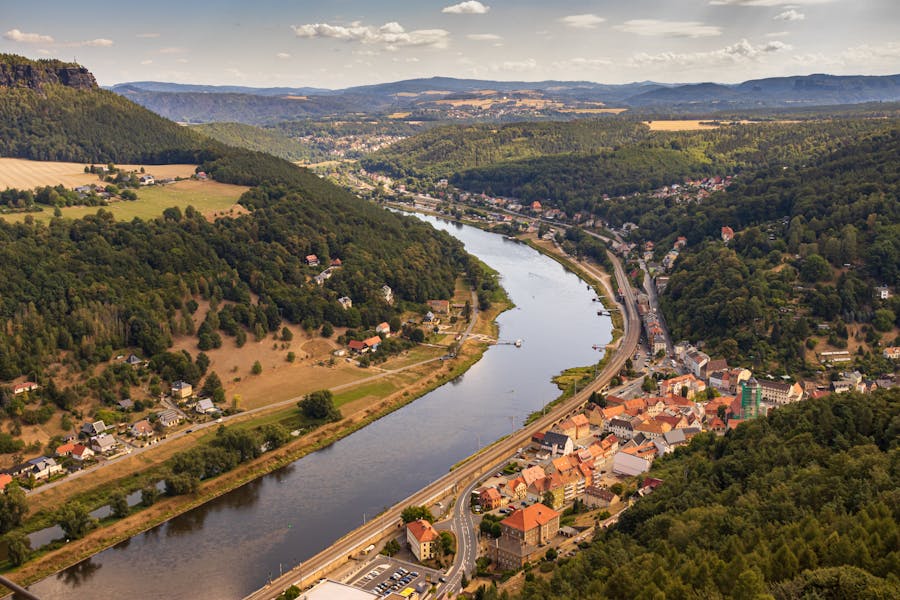
Munich’s proximity to the Alps creates amazing opportunities for skiing and hiking. The city has over 1,200 hectares of public parks, including the famous English Garden.
Hamburg shines with its harbor-front activities and beach areas. The Elbe River offers water sports and scenic boat tours not found in Munich.
Both cities feature vibrant cultural scenes. Munich hosts world-famous events like Oktoberfest, while Hamburg’s theater district rivals Broadway and London’s West End.
Sports fans enjoy professional soccer in both cities, with Bayern Munich and Hamburg SV representing their respective homes.
Frequently Asked Questions
These popular questions help travelers decide between Germany’s amazing northern port city and its southern cultural capital. Both cities offer distinct lifestyles, attractions, and experiences that appeal to different types of visitors.
What are the key differences in the cost of living between Hamburg and Munich?
Munich ranks as the more expensive city, with higher housing costs and daily expenses. A meal at a mid-range restaurant in Munich typically costs 15-20% more than in Hamburg.
Rent prices in Munich’s city center are about 25% higher than Hamburg’s. Public transportation is similarly priced in both cities, with monthly passes costing around €80-90.
How do living conditions in Hamburg compare to Munich for expatriates?
Both cities provide excellent healthcare, education, and public services. Munich offers easier access to the Alps and outdoor activities, while Hamburg’s port location means fresher seafood and maritime culture.
Hamburg has more international schools and a larger expat community. The city’s English-speaking population is larger, making it easier for newcomers to adjust.
Can you highlight the unique experiences offered by Hamburg’s and Munich’s Christmas markets?
Hamburg’s markets feature maritime themes and waterfront locations. The most famous one sits near the historic Rathaus, selling seafood specialties and northern German treats.
Munich’s Christmas markets showcase Bavarian traditions with alpine decorations and mulled wine. The medieval-style market at Wittelsbacher Platz stands out with its craftsmen demonstrations and historical atmosphere.
Which city should be prioritized for visiting: Hamburg or Munich?
First-time visitors to Germany often choose Munich for its iconic Bavarian culture and beer halls. The city offers easier day trips to famous castles and the Alps.
Hamburg works better for travelers seeking maritime history, modern architecture, and fewer tourists. Its location makes it perfect for exploring northern Europe.
Which city boasts a more vibrant nightlife and party scene, Hamburg or Munich?
Hamburg’s famous Reeperbahn district offers countless bars, clubs, and live music venues. The St. Pauli neighborhood stays active until sunrise with its mix of alternative and mainstream entertainment.
Munich’s nightlife centers around beer gardens and traditional venues. The city gets especially lively during Oktoberfest but maintains a more laid-back atmosphere year-round.
In terms of cultural attractions and activities, how do Hamburg and Munich differ?
Munich excels in classical arts. World-class museums like the Alte Pinakothek and Deutsches Museum are found here. The city also celebrates Bavarian traditions through festivals and historic architecture.
Hamburg shines with its modern Elbphilharmonie concert hall and street art scene. The city’s maritime museums and port tours showcase its seafaring heritage.
